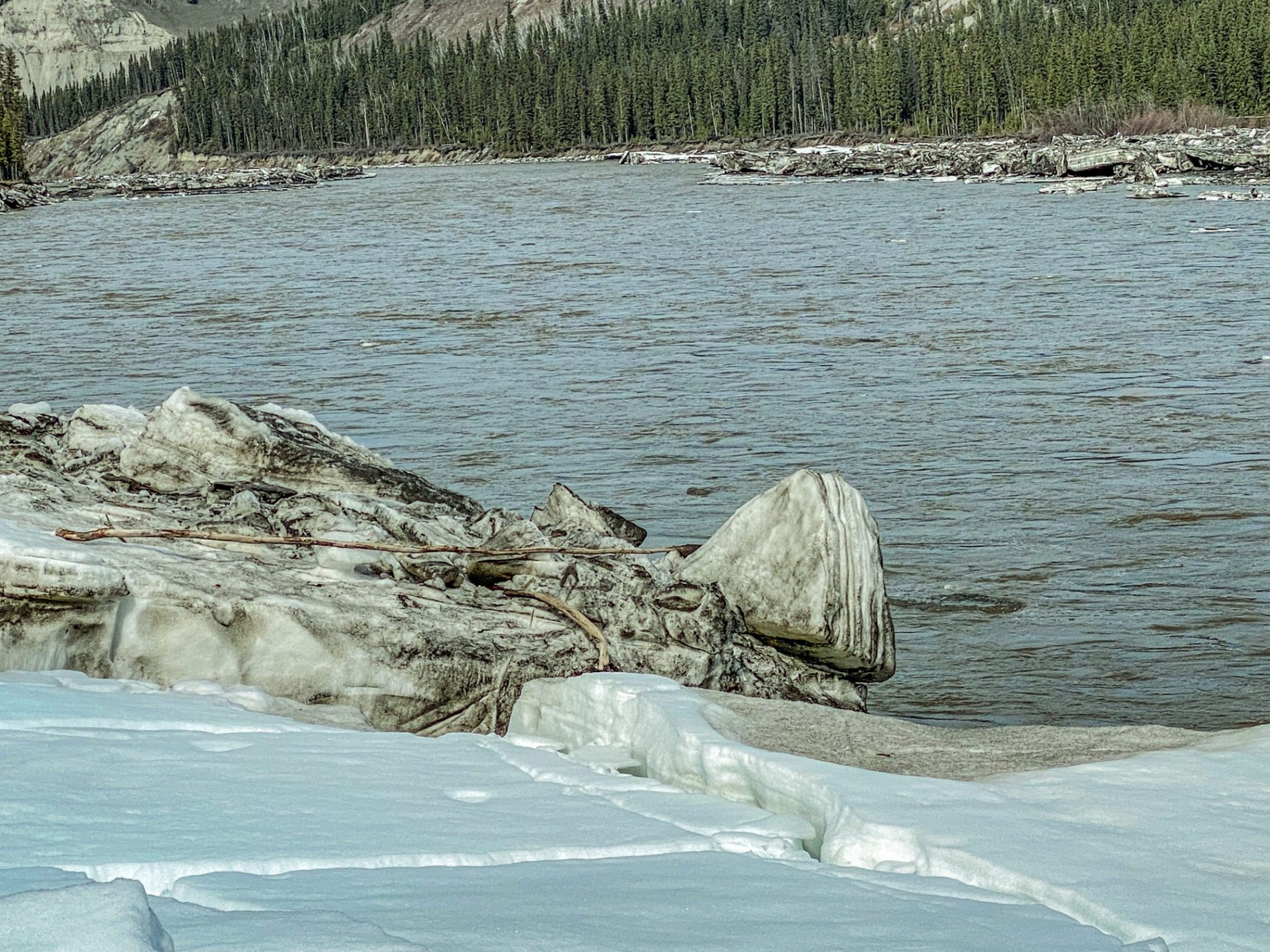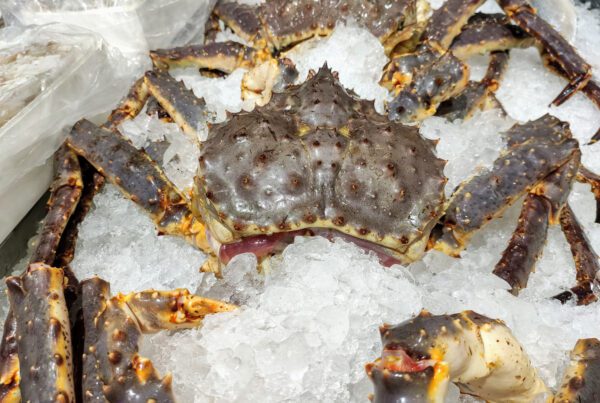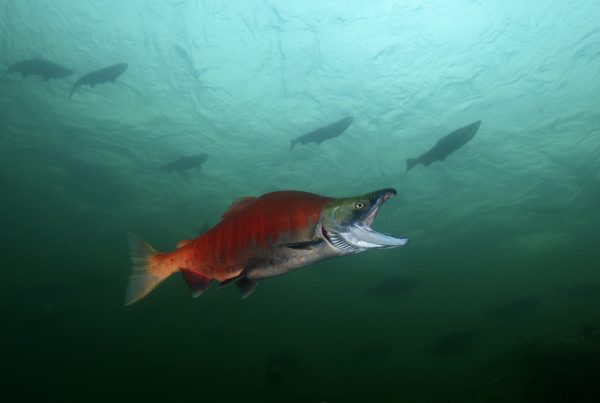The wild salmon season in Alaska at the Copper River finally kicked off on May 17th to what hoped to be a fruitful season. Unfortunately, there have been more canceled openings than even 2020, which was a season best described as “abysmal” and the hauls coming from the Copper River are lower than expected, clearly missing the high mark of 2019 and falling still well short of the five-year average. Other salmon, including Bristol Bay and Prince William Sound, are are expecting better returns, but for the Copper River, the Sockeye runs are declining.
As fishermen and fisheries try to fight back from the nightmare of 2020, the disappointing forecasts for the Copper River point to below-average catches. Early expectations were set at a total run of approximately 1.3 million sockeye salmon, 37% of the 10-year average of around 2.1 million sockeye. The Copper River is a 300-mile long waterway where the Sockeye, Coho, and King salmon swim upriver to spawn. The reduced projections aren’t a good sign for this consumer-favorite seafood.
Difficult seasons aren’t a new phenomenon for the hardy Alaskan fisherman. They’ve weathered worse conditions in worse economies and come back to flourish in the following years, which is what we hope to see as the decade unfolds. However, in a low harvest season for any commodity, the cargo we do get is that much more crucial to the market, and now isn’t the time to trust your catch to an inexperienced forwarder.
At CFI we’ve been on the ground with the Copper River, Bristol Bay, and other fishermen since 2003 to work with them to protect every single fish they catch and ensure it arrives at grocery stores and restaurants in the freshest condition, retaining all the health benefits and flavor these fish are known for. You can trust our cool-chain capable professionals and experts to work tirelessly to ensure your cargo is protected and respected from the moment you entrust it to CFI.



